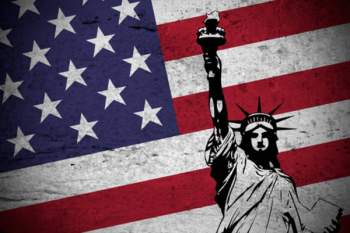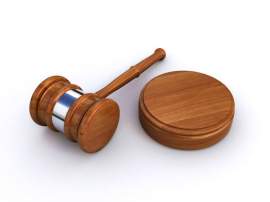
What Are The Major Issues today

Popular In Constitution
Purpose Of Lifetime Appointment And Pros And Cons Enumerated Powers Bicameral Legislature Background Article 3 Of The Constitution We The People 1st Amendment Who Wrote The Constitution Judicial Review Equal Protection Clause 5th Amendment 10th Amendment Three Fifths Compromise
Abortion
Roe v. Wade is considered by many to be the blueprint for legislation pertaining to abortion. In 1973, a Texas woman wishing only to be known her pseudonym, Jane Roe, argued that her inability to terminate her pregnancy was in direct violation of her First Amendment rights to the pursuit of happiness.
Although the Supreme Court ruled in her favor, parameters were created that outlined an actual pregnancy, splitting it into three trimesters. During an individual trimester, properties were assigned to the pregnancy, and as a result, abortion was legalized within certain parameters.
Children
In Tinker v. Des Moines, two high school students donned black armbands to their high school in protest of the Vietnam War. Although the students were summarily suspended as a result of this act, the students brought their case in front of the Supreme Court, claiming that their First Amendment rights had been violated - namely, freedom of expression. Many factors came into play over the course of the trial, including the rights of minors in conjunction with an assumed decorum within high school, a public forum, which was publicly-funded.
Civil Rights
Dred Scott v. Sanford and Plessy v. Ferguson were thrown out by the presiding judges, regardless of the respective Constitutional violations suffered on the part of the minorities involved. Yet, in an ironic fashion, their undesirable rulings paved the way for future cases, which retroactively cited the injustices that occurred in the aforementioned losing cases, creating opportunities for every subsequent hearing to provide more civil rights to minorities and culminating in the passing of the 1964 Civil Rights Act.
Contracts Clause
Lochner v. New York was a case that helped to establish a definitive legislation, which outlines the role of not only the parties involved in the contractual agreement, but the role of the State and Government as well.
Criminal Law and Procedure
Criminal law and punishment has been a major topic of concern in the Supreme Court of the United States. The U.S. Constitution covers criminal law and procedure in the Fifth, Sixth, and Eighth Amendments. The Fifth Amendment guarantees due process, while protecting individuals from double jeopardy and self-incrimination. The Sixth Amendment provides accused criminals with a fair and speedy trial and a trial in front of a grand jury, while granting the right to receive legal counsel. The Eighth Amendment prohibits excessive bail and cruel and unusual punishments. The Supreme Court has interpreted these Amendments of the Constitution in a number of landmark Court hearings.
Miranda v. Arizona created a law in which individuals who are arrested and interrogated must be read and understand their rights before incriminating evidence is used against them. Mapp v. Ohio ensured that the public was protected against unreasonable searches and seizures in their home and if any evidence was obtained illegally, it could not be used against them in court. Massiah v. United States was a landmark Supreme Court decision pertaining to criminal procedure, which held that the Government could not bypass a defendant's lawyer to receive further information from the defendant about the alleged crime.
National Security
National security encompasses the ways by which the Government may ensure the protection of its citizens. Examples of such venues of practice include: the employment of diplomatic practices in order to diffuse threats, imposition of economic power, and the strengthening and maintenance of branches of the military.
NEXT: What Is Affirmative Action





















